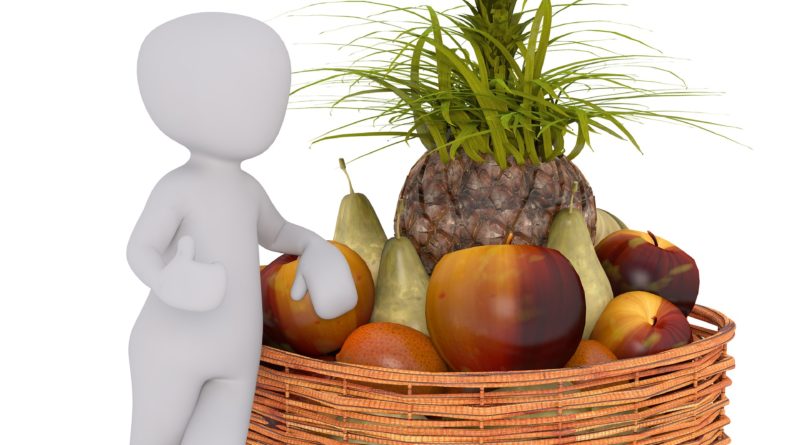Deciding a vendor for your restaurant is like choosing your restaurant’s lifeline. The success of your food business is pretty much dependent on your Restaurant Vendor as the taste of your food depends on the quality of the raw materials. The raw material you use has a direct impact on your Food Costs, the quality of your food, and the overall service which you provide to your customers. Thus, it is necessary that you choose the right food supplier for the restaurant.
Apart from that, it is equally necessary to keep track of your inventory as it can reveal insights through which restaurant operations can be optimized. Here we have for you 6 Restaurant Inventory Spreadsheets That You Should Start Using Right Away.
How To Select A Restaurant Vendor Or Food Supplier
In this article, we’ll discuss the essential points to consider while deciding the Vendor or Food Supplier for your restaurant. These are:-
- Credit Period: The credit period offered must be reasonable and negotiable but try not to keep it too long, or you may run a high debt.
- Rates: Compare the rates with at least 5-6 different food vendors.
- Quality: Do not just go with the cheapest restaurant food vendor, give priority to quality.
- Punctuality: Your vendor must be punctual with his deliveries, or else it can halt restaurant operations.
- Reporting: Choose a vendor that will give you detailed reports regarding the number of items purchased, the time and rate.
These factors should guide your final decision as far as deciding the right restaurant food vendor is concerned. An ideal restaurant vendor will have each one of these qualities. Here we have discussed each point that you must consider before finalizing your food vendor for your restaurant in detail.
1. Credit Period
The Credit Period essentially gives you a running capital to operate your restaurant kitchen. You can get the raw materials from the Restaurant Vendor on credit and pay them later with the money you make from your restaurant sales. The Credit Period is usually between 15-30 days, but can also exceed depending on the Vendor. A longer Credit Period comes in very handy, especially for new restaurants. However, if your restaurant business isn’t doing well, you can also have the risk of running a high debt.
2. Rates
Before you sign a contract with the Food Supplier, decide on the rates of the items. The rates of the items across different vendors can vary, and you need to find the best price for yourself. Since the price of raw materials, especially the perishables vegetables varies greatly, it is better to go for Fixed Rates. You can purchase the goods at a Fixed Rate on a weekly, monthly, quarterly, or annual basis. It is better to have Fixed Rates for seasonal vegetables since the price of vegetables varies drastically throughout the year. Having Fixed Rates helps to keep your Recipe Costs in check and controls Food Costs.
3. Quality Check
Before you decide the Restaurant Vendor and sign that contract, remember to discuss the quality of the food supplies. Pre-decide on the size, grade, and type of the raw materials wherever applicable to avoid any disparity later. Also, consider that different items on the menu require different quality of raw materials. For example, firm and fresh tomatoes are used in central dishes, but old (not rotten!) tomatoes can still be consumed in making tomato puree.
4. Timely Delivery
Choosing the right restaurant raw materials suppliers is crucial as a lot is at stake. Timely delivery of raw materials is essential as running out on items during business hours is harmful to the business. You not only lose out on orders but is also a major turnoff for customers. To avoid such instances, we recommend that you ask for references from your Vendor. Since Vendors usually serve in the local areas, you can also get in touch with nearby restaurants to get feedback.
5. Reporting
While looking for a restaurant Vendor, restaurateurs often overlook the Reporting of the entire raw material supply. Choose a Vendor who gives you clear reports about the quantity of the items purchased and received, and at what rate. You should also keep track of the Daily Bills to give you an insight into the overall expenditure. It is also extremely important that you count and account for your month-end food inventory to produce an accurate profit and loss statement.
Apart from these points, you should also consider directly contacting the manufacturers or local farmers to get the raw food supplies farm-fresh and at wholesale prices. You can also try a few Vendors in the beginning, and procure the food supplies at a weekly rate, and then choose the one that suits you the best. A right food supplier for the restaurant will provide you good deals and great quality raw material.
however, it is always better to stick to one vendor, since the quality and the taste of the food gets altered while trying different restaurant vendors.

















